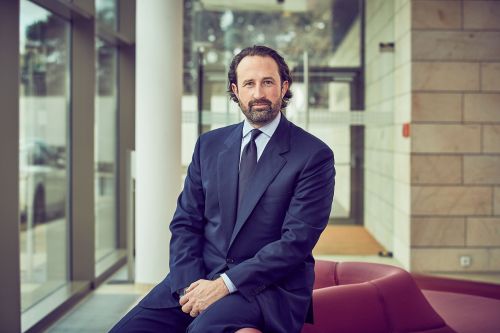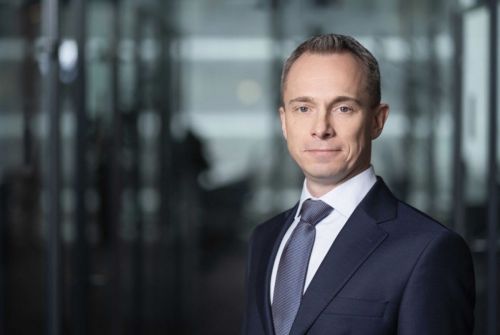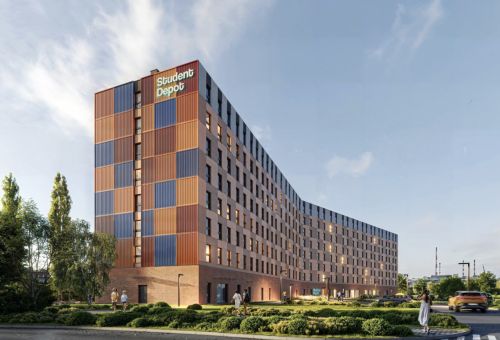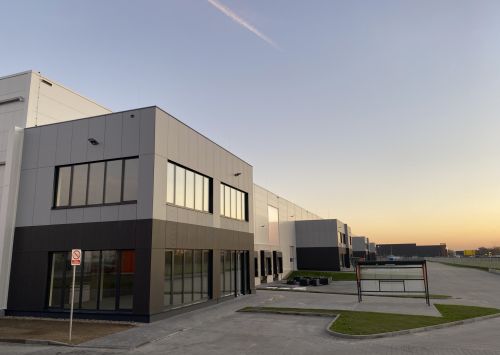The MIPIM international real estate fair in Cannes, held on March 14-17, 2023 was an opportunity to get acquainted with the latest trends and challenges facing the commercial market. Key issues included decarbonization and ESG, investing, and tenant strategies during the economic downturn. Axi Immo experts decided to share their insights on the MIPIM fair.
The commercial real estate market is in a transition phase, and the key factors for the next few months remain issues related to investment financing as the rising cost of debt. Most of the participants and panel discussions at MIPIM pointed to an apparent cooldown in the investment market. Achieving the results of the previous three years will be very difficult.Renata Osiecka
Interestingly, the dynamics of events in the financial markets were at their peak in the days of the fair itself. The weekend preceding MIPIM, we saw news of a massive collapse in the US banking sector. On, March 16th, the European Central Bank announced an i



























































Strong warehouse sector whilst capital cautious and offices yet to rebound
Strong warehouse sector whilst capital cautious and offices yet to rebound
Poland’s commercial real estate market enters 2026 in good health and with solid growth potential. Warehouses remain one of the strongest sectors in Europe, while constrained ...
Newmark Polska
The end of greenwashing as flex grows in strength
The end of greenwashing as flex grows in strength
The office sector is entering a period of deeper qualitative and financial scrutiny. Decisions regarding new projects, refurbishments, or leasing are now supported by more thorough ...
Walter Herz
The quiet revolution in Małopolska
The quiet revolution in Małopolska
Developers across the region are increasingly favouring heat pumps and photovoltaic systems over traditional gas boilers in warehouse construction. This shift marks a growing commi ...
Axi Immo